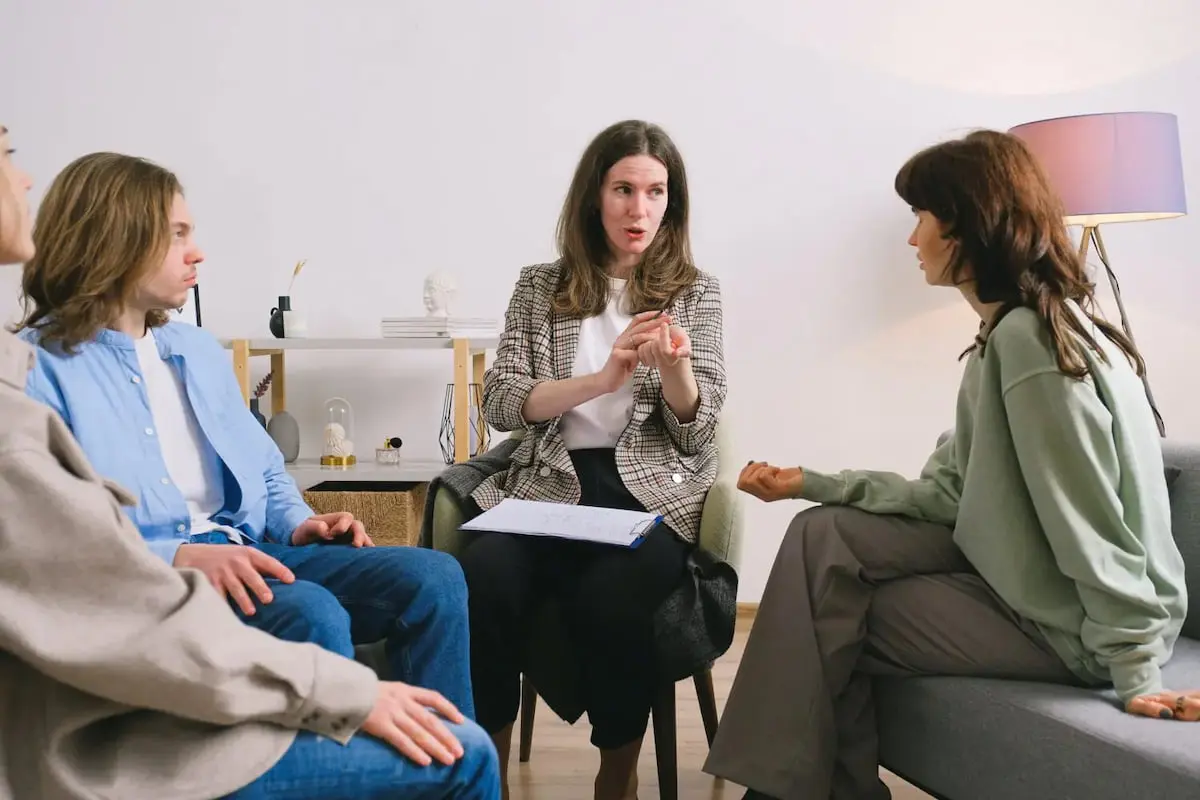24/7 Helpline:
(866) 899-221924/7 Helpline:
(866) 899-2219
Learn more about Couples Rehab centers in Rio Blanco County

Other Insurance Options

WellCare Health Plans

WellPoint

Private insurance

Self-pay options

GEHA

Health Net
Beacon

Sliding scale payment assistance

Access to Recovery (ATR) Voucher

Oxford

Amerigroup

Meritain

BlueCross

Excellus

Carleon

PHCS Network

Absolute Total Care

Cigna

Magellan

ComPsych

Mind Springs Health
Mind Springs Health provides counseling and therapy for mental illness and substance abuse to indivi...

Mind Springs Health
Mind Springs Health provides counseling and therapy for mental illness and substance abuse to indivi...

Colorado Counseling
Colorado Counseling is a private rehab located in Meeker, Colorado. Colorado Counseling specializes ...






